
(Image: Head of Ngatabaru Plastic Bank (left) hands over 1 kilogram of sugar to a group member who exchanges the plastic waste)
The establishment of the Plastic Bank in Ngatabaru Village has many benefits, not only addressing the problem of plastic waste in the neighborhood, but also helping the community's economy. One of the initiatives to encourage the community in waste sorting for the Plastic Bank is to exchange plastic waste with economic value with daily essentials, such as rice, sugar, coffee, and tea. This approach proves to be successful as it is the first time conducted by women plastic entrepreneur groups (WPEG) in Ngatabaru Village in Sigi Regency, Central Sulawesi.
Ngatabaru Plastic Bank conducted a plastic waste exchange activity at Kawatuna Landfill. The activity has been carried out three times, from November 2023 to January 2024. It received a positive response from WPEG members, not only for waste pickers but also for others. The exchange mechanism is that the plastic bank management determines the types of plastic, which include plastic water bottles or cups, bottle caps, and a mixture of clear plastic. Once the plastic is collected, the members of the Plastic Bank will provide and distribute basic necessities to those who collected the plastic waste.

Hesti Hestiati, the Chair of Plastic Bank, said that the amount of plastic exchanged will be adjusted to the price of basic essentials in the market. For example, the price of 1 kg of white plastic bottles is Rp. 4,000 and 1 kg of sugar is Rp. 16,000. Therefore, group members or the community must exchange 4 kg of white plastic bottles to get 1 kg of sugar. Currently, there are 24 people who have exchanged plastic for basic necessities, and 98 kilograms of plastic have been collected in the Plastic Bank.
The group members and the community benefited in several ways. First, they can fulfill their daily essentials , such as rice, sugar, coffee, and tea, without having to buy them. This activity provides convenience for those who face financial constraints. Second, showing awareness as a group member who cares about the environment through plastic waste management. Lastly, Ngatabaru Plastic Bank also received positive feedback in the form of suggestions to add other household items such as coffee with various flavors, soap, and shampoo to the next activity.
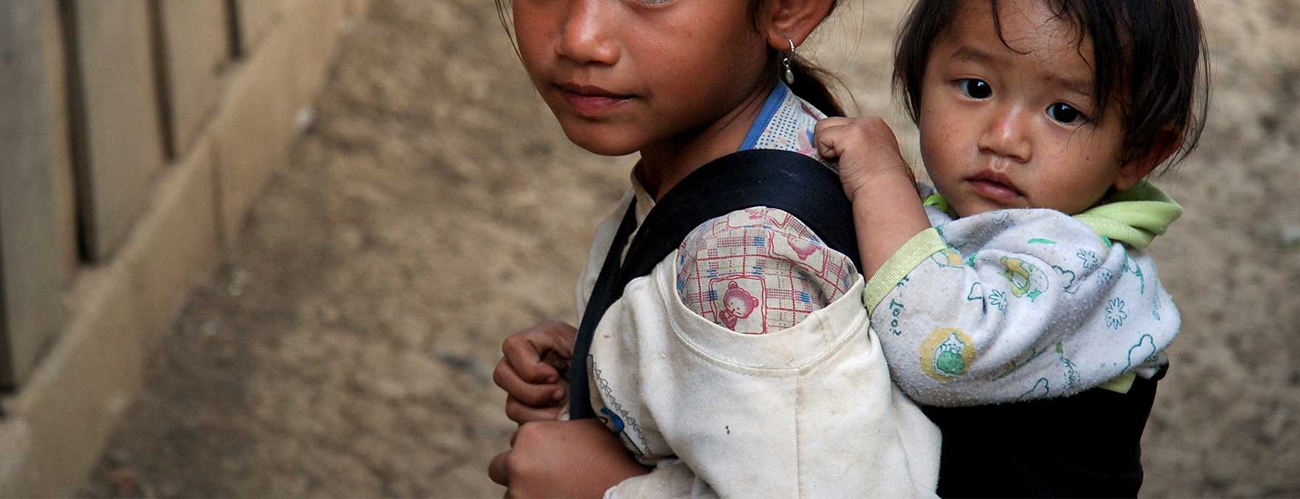
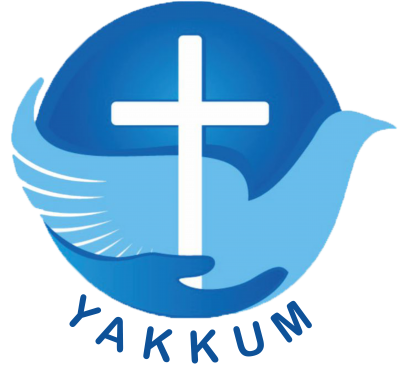
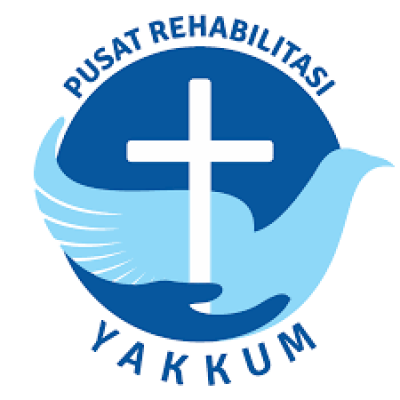

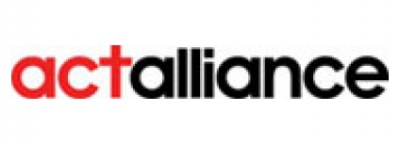
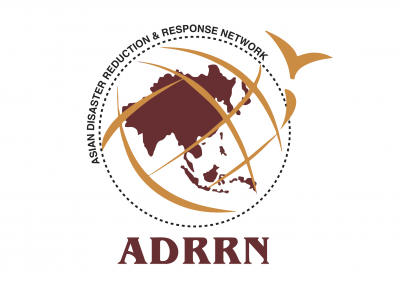
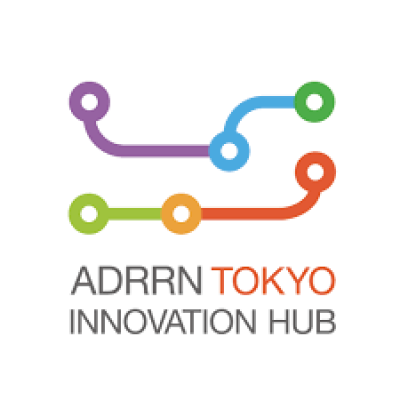




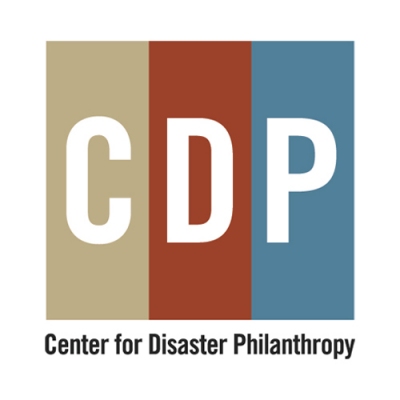
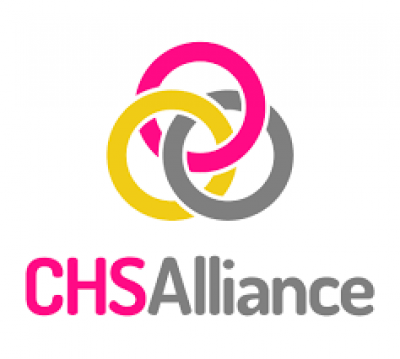

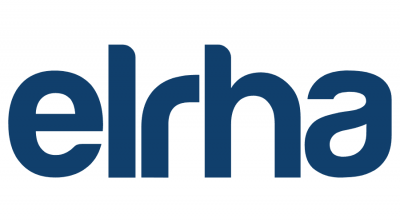
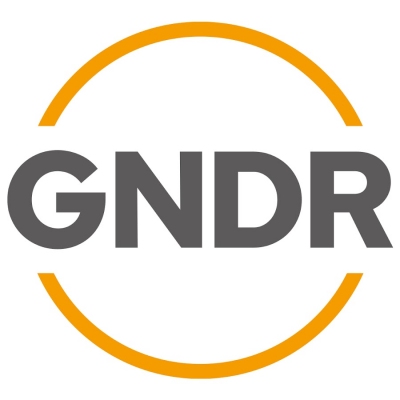
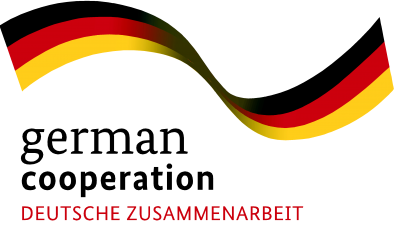
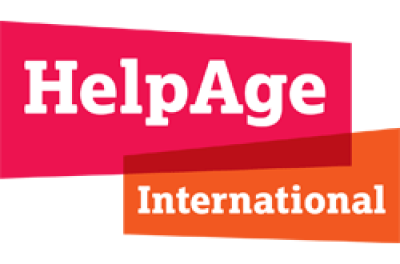






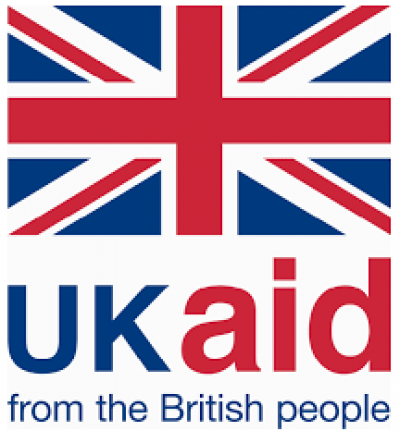

Social Media
@yakkumemergency
yakkumemergency